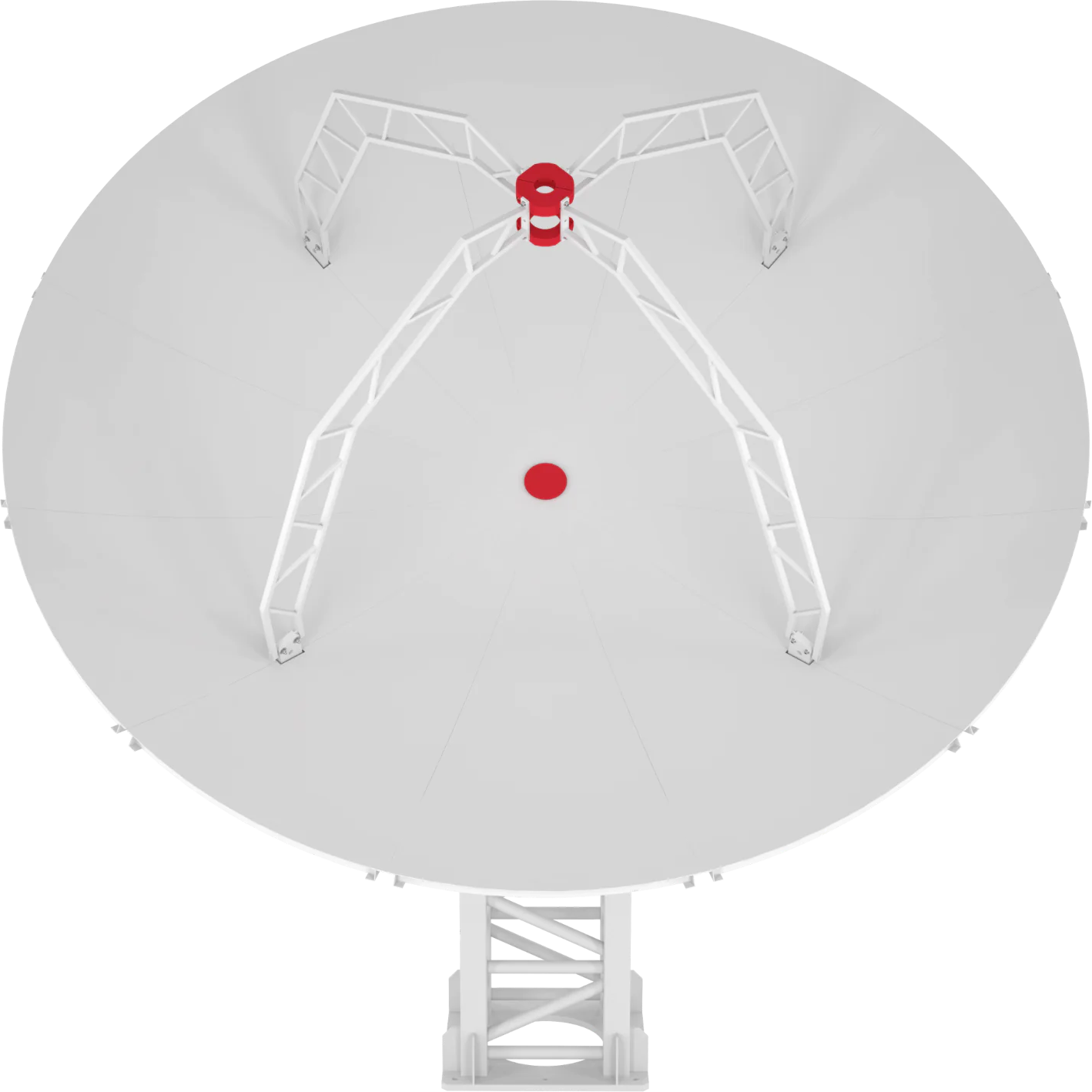
This image has format transparent PNG with resolution 1418x1418.
You can download this image in best resolution from this page and use it for design and web design.
Antenna PNG with transparent background you can download for free, just click on download button.
The sole component which changed the world of communication technology from wired to wireless is antenna. That is because antennas convert the electromagnetic fields to current in antenna (Reception) and current flowing through them into the electromagnetic fields (Transmission). These electromagnetic waves associated with antenna can traverse freely through air giving it “wireless” capabilities.
While selecting an antenna one would like to know about the characteristics of an antenna. We will now see what these characteristics are and how they affect the working and usage of antennas.
In radio engineering, an antenna (American English) or aerial (British English) is the interface between radio waves propagating through space and electric currents moving in metal conductors, used with a transmitter or receiver. In transmission, a radio transmitter supplies an electric current to the antenna's terminals, and the antenna radiates the energy from the current as electromagnetic waves (radio waves). In reception, an antenna intercepts some of the power of a radio wave in order to produce an electric current at its terminals, that is applied to a receiver to be amplified. Antennas are essential components of all radio equipment.
An antenna is an array of conductors (elements), electrically connected to the receiver or transmitter. Antennas can be designed to transmit and receive radio waves in all horizontal directions equally (omnidirectional antennas), or preferentially in a particular direction (directional, or high-gain, or "beam" antennas). An antenna may include components not connected to the transmitter, parabolic reflectors, horns, or parasitic elements, which serve to direct the radio waves into a beam or other desired radiation pattern. Strong directivity and good efficiency when transmitting are hard to achieve with antennas with dimensions that are much smaller than a half wavelength.
The first antennas were built in 1888 by German physicist Heinrich Hertz in his pioneering experiments to prove the existence of waves predicted by the electromagnetic theory of James Clerk Maxwell. Hertz placed dipole antennas at the focal point of parabolic reflectors for both transmitting and receiving. Starting in 1895, Guglielmo Marconi began development of antennas practical for long-distance, wireless telegraphy, for which he received a Nobel Prize.
In this page you can download free PNG images: Antenna PNG images free download